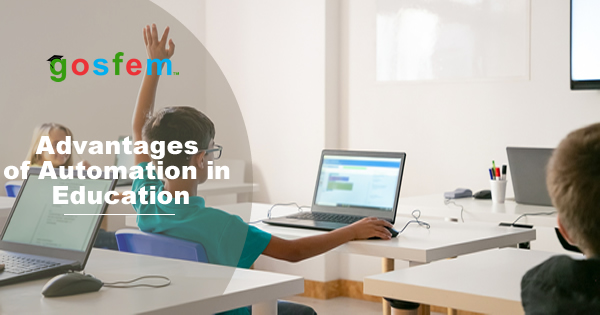
The main essence of a school is to impart education to the students. It is where parents send their kids to help them learn the various skills and information that will be needed to help them build a future and a career. These skills can range from academic skills of maths, reading, writing, history, etc. to even social skills of communication, social ethics, etc.
By virtue of this understanding, it has gathered that it is primarily the school that is responsible for the education and skill impartation of the students. However, this is not true. Various research data proves that the home atmosphere and parental involvement plays a crucial role in the growth and performance of a student.
Early Learning
For every student, the process of early learning starts in the home wherein an informal way. Parents teach their kids the fundamental skills, values, and essential attitudes necessary for daily living. This unwritten knowledge is vital as it helps the children to build coping mechanisms to successful adult life. However, in the absence of this learning in early life, or the case of parents not passing down these social cues, the kids find it difficult to adjust into the social environment of the school. By teaching the young kids’ school readiness, the parents have a significant influence on how well they will perform.
For instance, it has been proven time and again that reading improves greatly when parents and children read together at home. The action of daily reading enhances the child’s reading abilities.
Shared Academic Inspirations
Once the child starts attending a regular school, most parents have a lot of educational aspirations for their children’s academic growth. Over the years, research has proven that the academic success of students linked to the values and aspirations that they share with their parents. These shared aspirations serve to motivate the students, as the parents and students set learning goals together. These do not necessarily have to be lofty goals but can also be small and simple goals such as improving the grade by a certain percent.
Improved Learning Mindset
Children who receive support their parents develop an appropriate mindset, motivation, and self-discipline at school. Disengaged parents who are not interested in the academic life of their kids often promote school failures. Create of a generation of students not interested in studying or in gaining information.
For students who have supportive parents guiding them at home, it has noticed that these students also are more likely to enjoy school. Thus, parental involvement and support at home not only enhance academic performance, but it also has a positive influence on a student’s mindset, attitude, and behavior. Parents constant involvement affects the child’s attitude toward school and classroom conduct.
For instance, these students have a better attendance record as they have supportive parents who help prepare them for school every day. Similarly, these students have a better performance when completing homework or submitting assignments on time because of the help and guidance available at home. However, students who lack supportive parents have to struggle on their own. This not only affects their performance but at the same time, it also came negatively impacting their self-esteem.
Improved Classroom Behaviour
Parental involvement also has a positive influence on student attitude and behavior. It has observed that children on disengaged parents have a negative attitude in the classroom and are more disruptive because of the lack of consequences at home. All this is because of poor parental support, which is also related to parental monitoring. When the student gets monitored at home for their behavior, then they behave appropriately in school, pay more attention in the classroom, and eventually perform better in the studies.
Better Teacher Morale
The parents who are involved in the day to day learning of their kids are more aware and have a greater appreciation for the challenges that teachers face in the classroom. They appreciate the teachers, and this goes a long way in boosting teacher morale. The constant communication between home and school helps a teacher to know a student personally, understand their challenges, and guide them in a better manner. This, in turn, allows the teacher to teach the student more effectively as well as personalize teaching experience for the students who are facing the challenges. For instance, if the teacher is aware that the parents do not speak English in the house, then she tries to pay special attention to the student in the classroom. Help them to overcome any language challenges. Also, regular parent-teacher communication helps to oust any distrust or confusions that may exist between teachers and parents.
Better Rate Of Academic Success
Becoming involved in their children’s education gives parents a better understanding of the school curriculum and activities. They are more aware of the quality of education their child is receiving and can enhance it further by adding extra classes or tuitions if needed. This helps to improve the performance of the students and makes them confident learners.
STEPS PARENTS CAN TAKE TO BECOME MORE INVOLVED IN THEIR CHILDRENS SCHOOL LIFE









Study any topic, anytime. explore thousands of courses for the lowest price ever! on Gosfem learning platform. Learning that gets you Skills for your present (and your future). Get started with us.
Explore Courses
Join thousands of instructors on Gosfem LMS teaching platform. Teachers around the world are already joining us. Do not be left out from this great platform. Come and teach what you know best and let others benefit from the wealth of knowledge you have.
Become Instructor